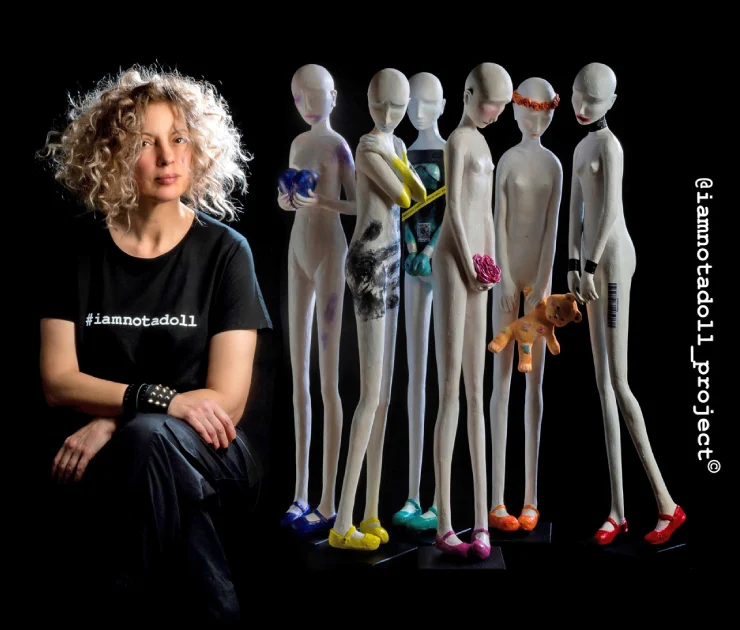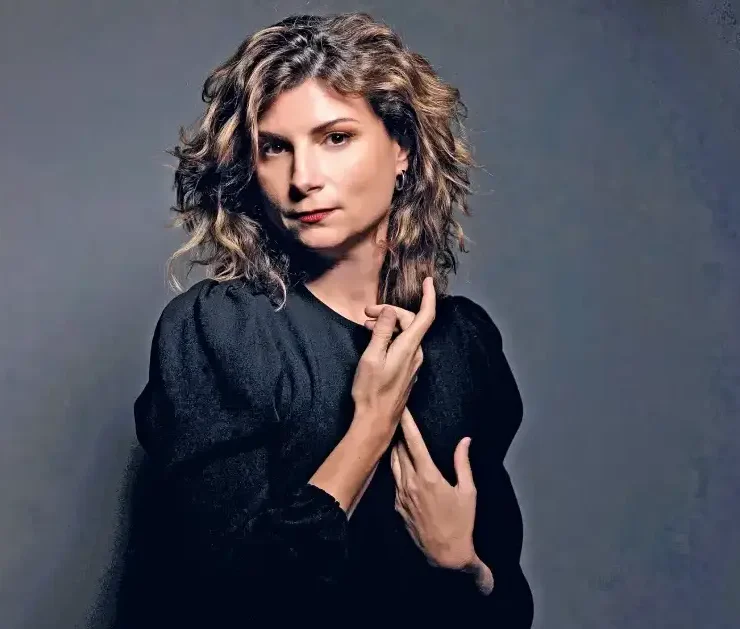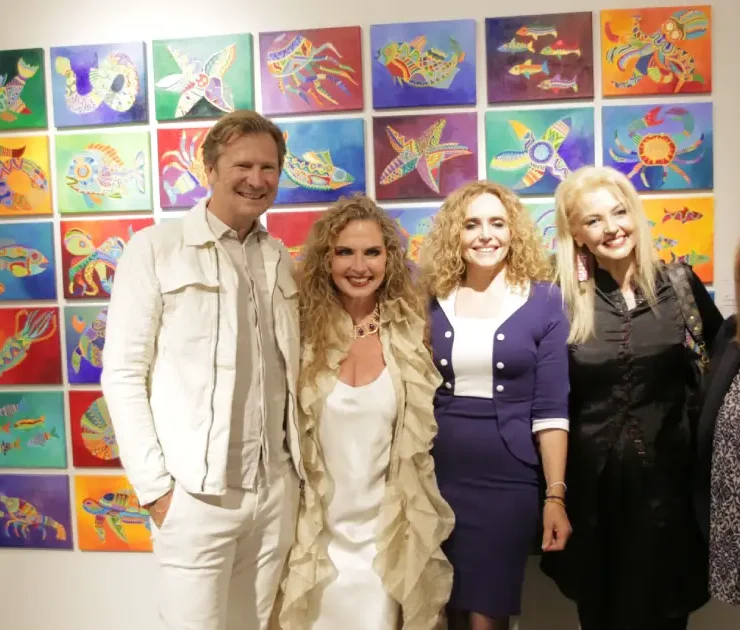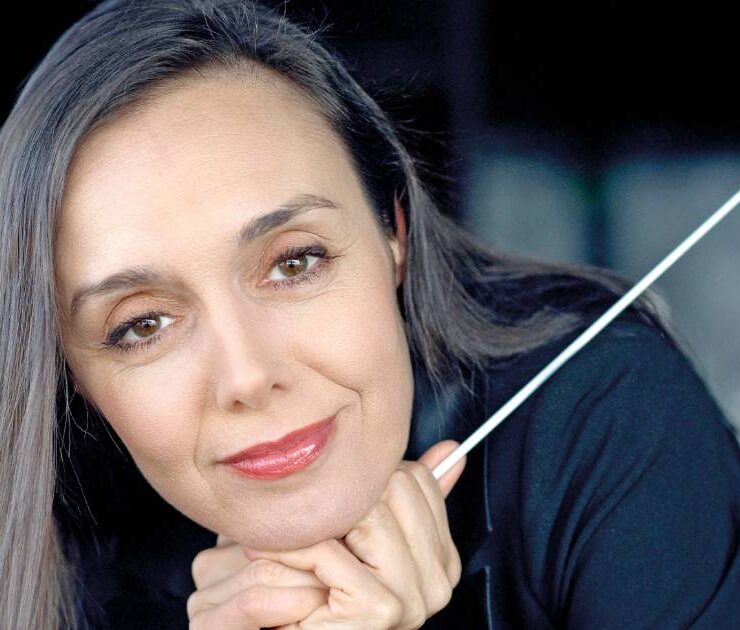Konstantinos Destounis: The pianist

Konstantinos Destounis, born in 1991 in Athens, is regarded as one of the most prominent Greek artists of his generation. He is a prizewinner in many international piano competitions, most notably the «Grand Prix Maria Callas» in Athens, the «Southern Highlands» in Canberra and the Bremen European Piano Competition. As the winner of Greece’s national competition, he represented his country at the Eurovision Young Musicians in Vienna. As a soloist he has performed with numerous orchestras in Greece, the UK, Germany, Spain and Australia. He is a graduate of the Hellenic Conservatory, the University of Macedonia in Greece and the Mozarteum University of Salzburg.
Currently he pursues a doctoral degree at the Royal College of Music in London, where he teaches at the same time.
How did you start playing the piano?
To be honest… it was a pure coincidence. One afternoon, when I was six, my parents put me in the car and drove me to the closest music school in the neighborhood, so that I would become a member of its choir – I hadn’t asked for it. However, there was no choir at the music school, so my father suggested to the director that I should play the guitar. His reply was characteristic: “The guitar is bigger than him; he will not be able to hold it! Let’s start playing the piano”. Sometimes, our whole life may be determined by such coincidences.
Being a young pianist, how did you first manage to distinguish yourself?
It wasn’t easy at all, as the field of music is extremely competitive. I am the only musician in the family; as such, there was nobody from my inner family circle who could promote me. Thus, I chose the path of music competitions and I was very determined, because of my love for the piano. Every prize that I won gave me the opportunity to meet new people and to perform in concerts, the number of which increased little by little. In this way, I started obtaining what I was dreaming: a continuous connection with the public.
What is the current stage of your career?
I travel regularly to different places in the world to give concerts. This is something very exciting for me. Currently, I am based in London, as I am pursuing a doctoral degree at the Royal College of Music. At the same institution, I have the opportunity to teach talented and aspiring musicians of many different backgrounds. I find this challenging procedure to be highly stimulating, interesting and engaging, as I, myself, learn and discover a lot through it.
What is the topic of your research?
My research topic is Greek contemporary piano music, focusing on the renowned Greek composer, Theodore Antoniou, with whom I have a close collaboration. As part of this project, I recorded my most recent CD: Antoniou’s complete piano works. The CD has been released as a world première recording by Naxos, Grand Piano series. This was a great reward for me, as I am passionate with discography. I believe that recordings have great value, because they last in time.
What is your opinion about contemporary Greek music and Greek composers?
I feel lucky to collaborate with many Greek composers and I believe that modern Greece boasts a great wealth of material and quality in the field of classical music composition. In many circumstances, I feel that the work of Greek composers is of a level equal to that of established repertoire. However, it remains unknown, due to lack of adequate promotion. For this reason, I often include Greek piano works in my recitals. The public’s reception of these works has been extremely positive and enthusiastic both in Greece and abroad and I find this to be very encouraging. Recently, I was honoured to represent Greece in Sofia, which was the cultural capital of Europe for the first semester of 2018. As such, Sala Bulgaria hosted 27 concerts, each one being dedicated to a country of the European Union. I was excited to play a recital with Greek works of my choice.
Are there any more of your performances throughout your career that you would especially distinguish?
Every concert is special, as it is a challenge by itself. However, there are some moments which I will always remember fondly. Αn example is my recital at the Royal Albert Hall in September 2016, as well as my collaboration with the Bremen Philharmonic Orchestra, playing Tchaikovsky’s 1st Piano Concerto. I also feel moved every time I play in my country, especially at the Athens Concert Hall, which I would describe as the perfect hall, both in terms of acoustics and architecture.
What is difficult in being a pianist?
It is an extremely difficult profession. Just playing the notes of a difficult piece requires great technique, the precision of a microsurgeon and the nervous system of a bullfighter! Still, this is just the basis.
In order to make art you have to go much further, filling every note with meaning. I can say that being a pianist is very close to being an actor. Every musical piece is like a role, which one has to interpret convincingly, regardless of his personal situation at that time. In order to move the public through a musical interpretation, an artist has to be moved by it himself first. A lot of stamina as well as endless enthusiasm are also necessary in order to achieve a convincing interpretation.
What are your plans for the future?
The future is unknown and unpredictable. Music is a vital part of my life, so the only thing that I can say for sure is that I can’t imagine myself away from stage. At the same time, I enjoy passing on my knowledge to others, so I am trying to find an ideal balance between performing and teaching.










